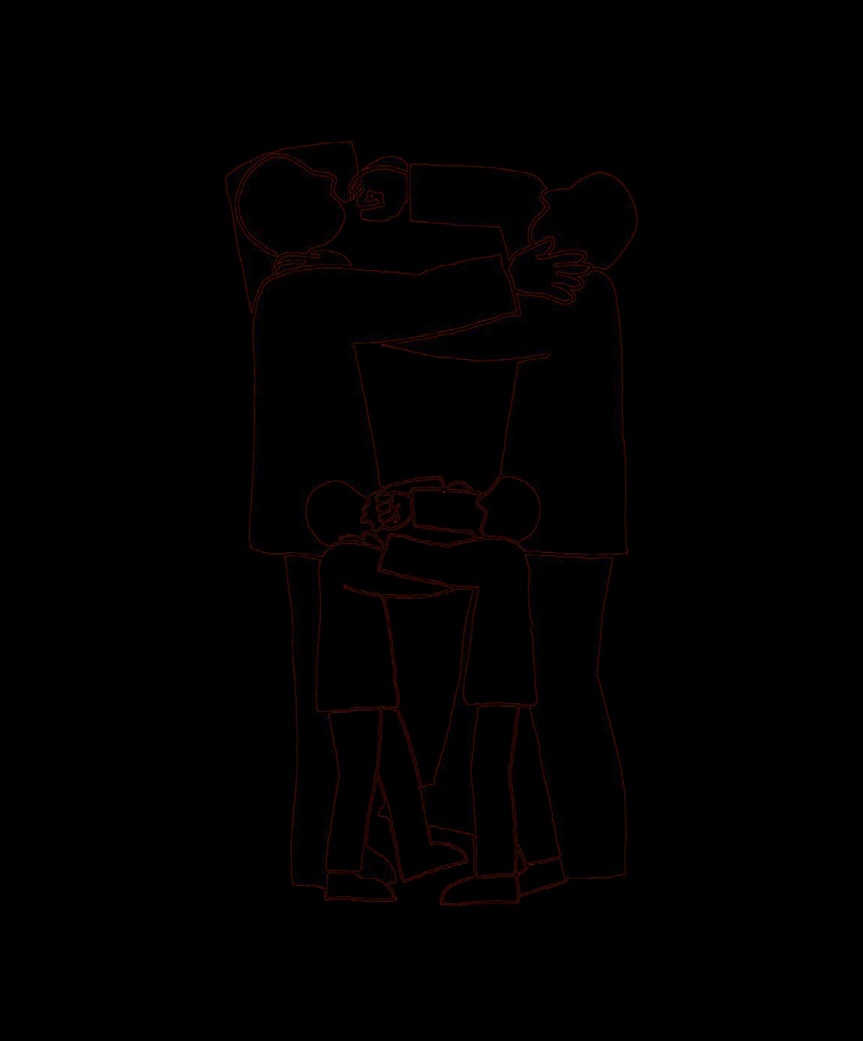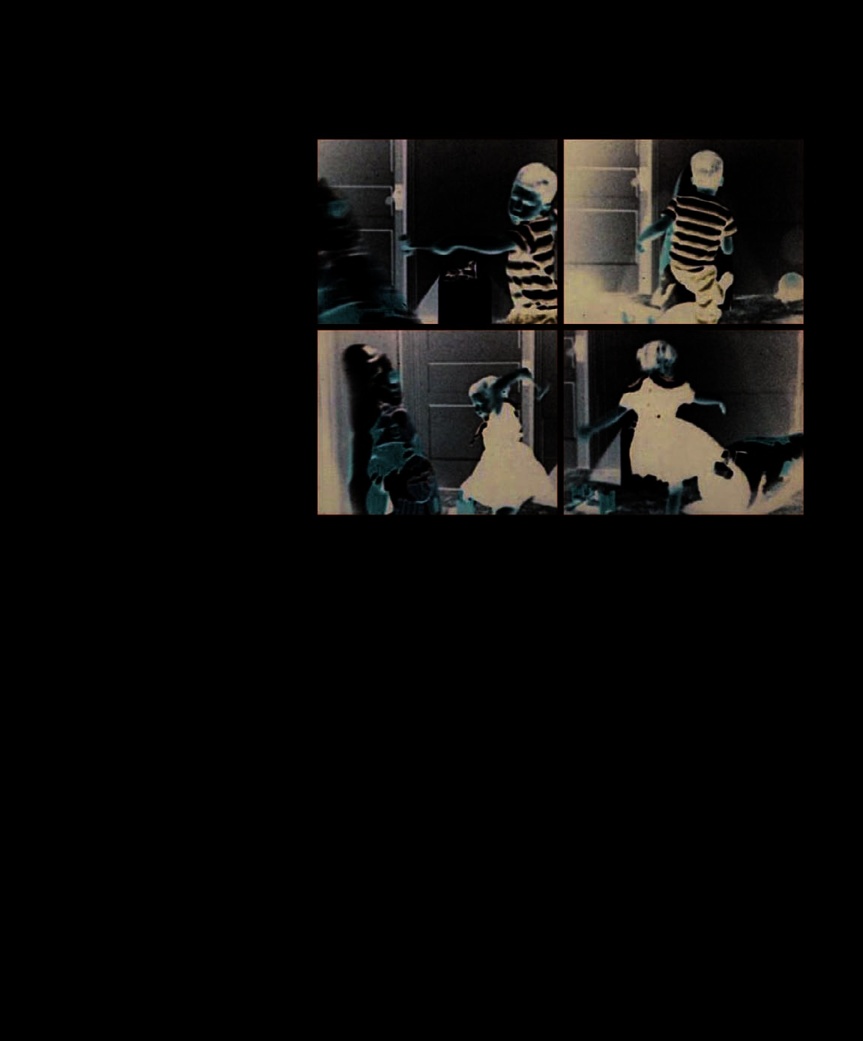The Psychology Book (90 page)
Read The Psychology Book Online
Authors: Unknown

exerting effort to please others, and
Maccoby concluded that their
The ongoing debate over inherent
demonstrating low self-confidence
better grades clearly reflect some
sex differences is tied up with
with respect to many tasks.
combination of greater effort,
general political questions about
greater interest, and better work
how society should be organized,
Challenging stereotypes
habits than their male peers.
and the roles that men and women
Maccoby systemically argued
Whatever discrepancy exists
are “naturally” equipped to fill. By
against these assumptions,
between boys and girls in terms of
pointing out that psychological
pointing to the fact that girls are
achievement motivation does not
literature tends to publish results
higher academic achievers than
reflect school-related motivation.
indicating sex differences, while
boys, show greater interest in
This motivation could prove
ignoring those indicating equality,
school-related skills from an early
significant throughout girls’ lives,
Maccoby has fought against the
age, and are less likely to drop out
as performance at school is also
assignment of men and women to
before completing high school.
relevant to job performance.
stereotypical professions. ■
Eleanor E. Maccoby
Born in Tacoma, Washington,
Achievement Award from the
Eleanor Maccoby (née Emmons)
American Psychology Foundation
earned a bachelor’s degree from
and The American Psychological
the University of Washington and
Association introduced an award
an MA and PhD in experimental
in her name. Maccoby’s work to
psychology from the University of
debunk stereotypes is considered
Michigan. In the 1940s, she worked
fundamental to understanding
for the Department of Agriculture,
children’s socialization and
and then at Harvard University,
gender differences.
supervising research on child-
rearing practices. Perceiving that
Key works
gender bias was holding her back,
she moved to Stanford University,
1966
The Development of Sex
where she became the first
Differences
woman to serve as Chair of the
1974
The Psychology of Sex
Psychology Department. Maccoby
Differences
went on to receive a Lifetime
1996
Adolescents after Divorce

MOST HUMAN
BEHAVIOR
IS LEARNED THROUGH
MOD
ALBERT BANDURA (1925– )
ELING


288 ALBERT BANDURA
observing others, is at the heart of
IN CONTEXT
social learning theory. This theory
I
n the 1940s and 1950s, learning
was understood primarily in
behaviorist terms, with B.F.
suggests that learning is achieved
APPROACH
Skinner’s theory of operant
by mentally rehearsing and then
Social learning theory
conditioning—in which learning is
imitating the observed actions of
BEFORE
wholly determined by rewards and
other people, who serve as models
1938
B.F. Skinner proposes
punishments—dominating the
of appropriate or acceptable
the behaviorist notion of
field. From this context emerged
behavior. Bandura argued that
operant conditioning, which
Albert Bandura’s interest in studying
“most human behavior is learned
explores positive and negative
childhood aggression—an area he
through modeling.”
reinforcements in learning.
felt was too complex to explain in
Bandura noted four conditions
terms of operant conditioning—as
that are necessary for a person to
1939
US psychologist John
a learned behavior.
successfully model the behavior
Dollard argues that aggression
Bandura’s hypothesis was that
of another: attention, retention,
is always a consequence of
children learn aggression through
reproduction, and motivation.
frustration, and that frustration
observing and imitating the violent
Learning requires that the learner
always leads to aggression.
acts of adults—particularly family
is paying attention to the behavior
members. He believed that the key
in the first place, that he remembers
AFTER
to the problem lies at the intersection
what he saw or heard, that he is
1966
American pychologist
of Skinner’s operant conditioning
actually able to physically reproduce
Leonard Berkowitz claims
and Freud’s psychoanalytic theory
the behavior, and that he has a
environmental cues, such
of identification, which explores how
good motive or reason to reproduce
as those associated with
people assimilate the characteristics
it, such as the expectation of reward.
aggressive behavior, must
of others into their own personalities.
Although the concept of reward
be present for aggression to
Bandura’s work culminated in his
is part of his social learning theory,
follow anger.
famous Bobo doll experiment, and
Bandura’s move away from
his hugely influential 1977 treatise
behaviorism is evident in his
1977
US
psychologist Robert A.
Social Learning Theory.
radical, anti-behaviorist ideas about
Baron suggests that Bandura’s
the relationship between
experiment implies that violence
Social learning theory
a person’s environment and his or
in the media contributes to
Bandura’s belief that people learn
her behavior. According to
violence in society.
not through reinforcement (rewards
behaviorism, environmental
and punishments), but through
circumstances entirely determine
We are surrounded
We notice and
by people talking and
remember these
acting in different ways.
observed actions
…
Most human
behavior is
learned through
modeling.
…and, if motivated,
…which we then
physically reproduce
mentally rehearse
…
ourselves.

DEVELOPMENTAL PSYCHOLOGY 289
See also:
Konrad Lorenz 77 ■ B.F. Skinner 78–85 ■ Sigmund Freud 92–99 ■ Lev Vygotsky 270
behavior, but Bandura believes
in “reciprocal determinism”—the
idea that a person influences the
environment just as the environment
influences him. Bandura conceived
of personality as an interaction
between three different components:
the environment, behavior, and
psychological processes (the ability
to use language and entertain
images in the mind). All of these
components are relevant to the
study of childhood aggression,
which, Bandura argued, was learned
by watching and modeling adults.
Bobo doll experiment
Bandura’s social learning point of
view was the basis for his 1961
Bobo doll experiment on childhood
aggression, which sought to explain
how aggressive behavior develops,
what provokes people to carry
out aggressive acts, and what
For the experiment, 36 boys and 36
Children attack the Bobo doll
determines whether they will
girls, all between the ages of three
in Bandura’s 1961 experiment on
aggressive behavior. In some cases,
continue to behave aggressively. By
and six, were recruited from a local
subjects devised new ways to attack
proving that a child will imitate the
nursery school. They were divided
the doll by using other toys in the room.
behavior of an adult role model, the
up into three groups of 24, each
experiment showed the power of
comprising 12 boys and 12 girls.
child was later left alone in a room
examples of aggression in society.
The first group was the control
of toys that included a Bobo doll, he
group (which did not see any adult
or she imitated a good deal of the
role model); the second group was
aggressive acts performed by the
exposed to an adult modeling
the adult models, even creating
aggressive behavior toward an
novel acts of violence against the
inflatable Bobo doll; the third group
doll. Children in this group were
was exposed to a passive adult
also generally less inhibited than
Behavior partly
model. All of the children in the
those in the other groups, showing
created the
experiment were tested individually
an increased attraction to guns
environment, and the
to ensure that they would not be
despite the fact that playing with
resultant environment,
influenced by their peers.
guns was not modeled.
in turn, influenced
In the experiments on the
By contrast, children who were
the behavior.
second group, each child watched
either in the control group or who